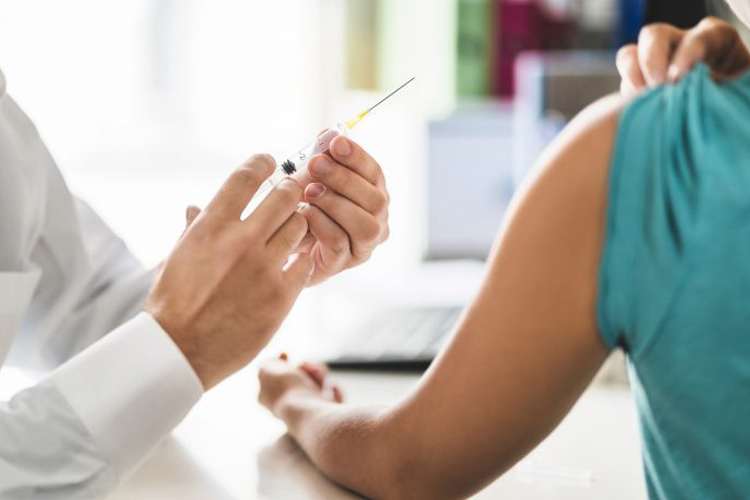Adult vaccination
Vaccination is not just for children; it's also an important preventive health measure for adults. Vaccines protect against a range of infectious diseases and can help prevent severe illness, complications, and even death. Here are some important vaccinations recommended for adults:
- Influenza (Flu) Vaccine: The flu vaccine is recommended annually for all adults, especially those at high risk of complications, including adults aged 65 and older, pregnant women, individuals with chronic medical conditions, and healthcare workers.
- Tetanus, Diphtheria, Pertussis (Tdap) Vaccine: Adults should receive a Tdap booster if they haven't had one before, followed by a tetanus-diphtheria (Td) booster every 10 years. Tdap is particularly important for pregnant women during each pregnancy to protect newborns from pertussis (whooping cough).
- Pneumococcal Vaccines: Adults aged 65 and older and those with certain medical conditions (such as diabetes, chronic lung or heart disease, or weakened immune systems) should receive pneumococcal vaccines to prevent pneumococcal disease, including pneumonia, meningitis, and bloodstream infections.
- Herpes Zoster (Shingles) Vaccine: Adults aged 50 and older should receive the herpes zoster vaccine to reduce the risk of developing shingles, a painful rash caused by the reactivation of the varicella-zoster virus (the same virus that causes chickenpox).
- Human Papillomavirus (HPV) Vaccine: The HPV vaccine is recommended for adults up to age 26 who did not receive the vaccine during adolescence. HPV vaccination can prevent infections with certain strains of HPV that can cause genital warts and various cancers, including cervical, anal, and oropharyngeal cancers.
- Measles, Mumps, Rubella (MMR) Vaccine: Adults born after 1957 who have not received two doses of the MMR vaccine or do not have evidence of immunity to measles, mumps, and rubella should receive the vaccine, particularly if they are at increased risk of exposure or travel internationally.
- Hepatitis A and Hepatitis B Vaccines: Adults at risk of hepatitis A or hepatitis B infection (including travelers to endemic areas, individuals with certain medical conditions, and those at risk of exposure through sexual activity or injection drug use) should receive the appropriate hepatitis vaccines.
- Meningococcal Vaccine: Adults at increased risk of meningococcal disease due to certain medical conditions (such as complement deficiencies, asplenia, or HIV infection) or other factors (such as travel to meningitis-endemic regions or exposure to an outbreak) may need meningococcal vaccination.
- COVID-19 Vaccine: The COVID-19 vaccine is recommended for all eligible adults to protect against severe illness, hospitalization, and death from COVID-19. Booster doses may also be recommended based on age, risk factors, and evolving public health guidance.
It's essential for adults to discuss their vaccination needs with their healthcare provider, who can assess their individual risk factors and recommend the appropriate vaccines. Keeping up to date with vaccinations not only protects adults from vaccine-preventable diseases but also contributes to community immunity, reducing the spread of infectious diseases to vulnerable populations.


